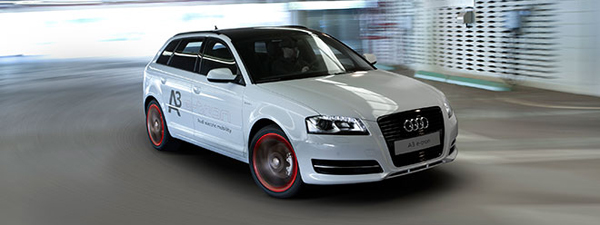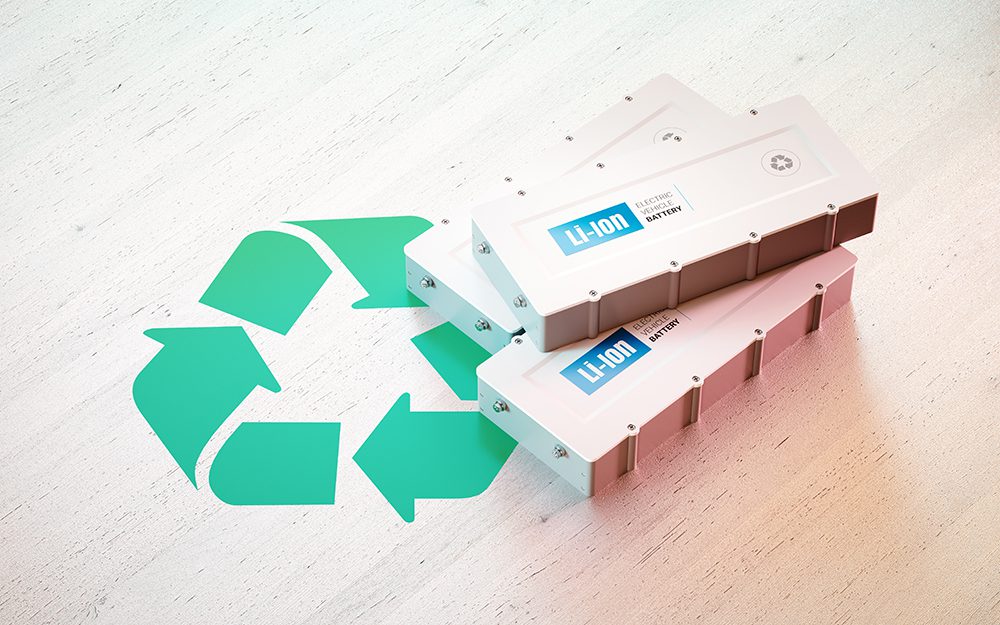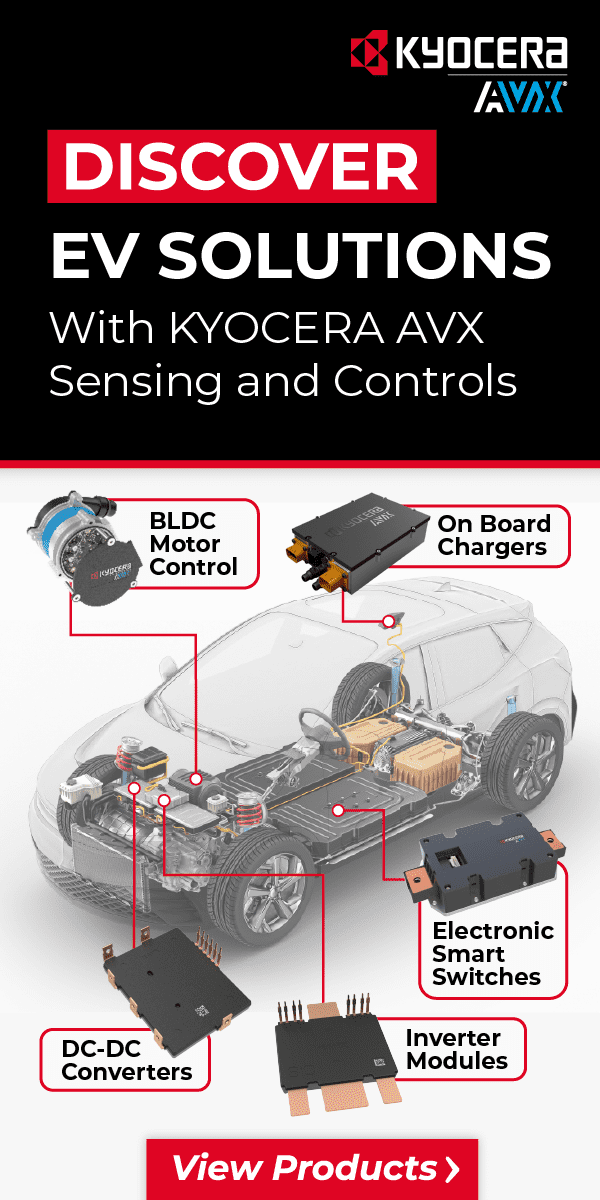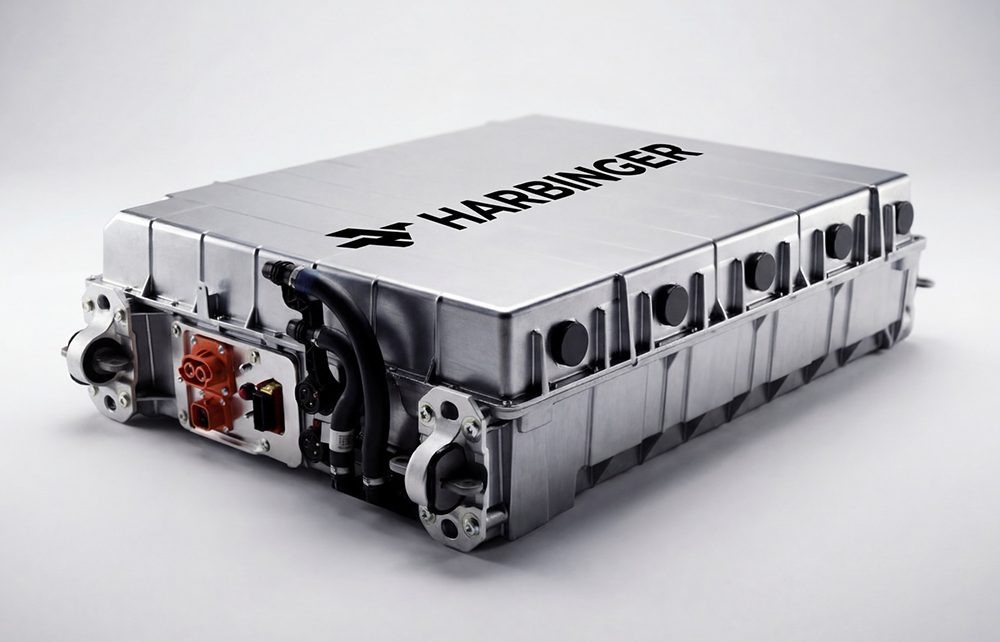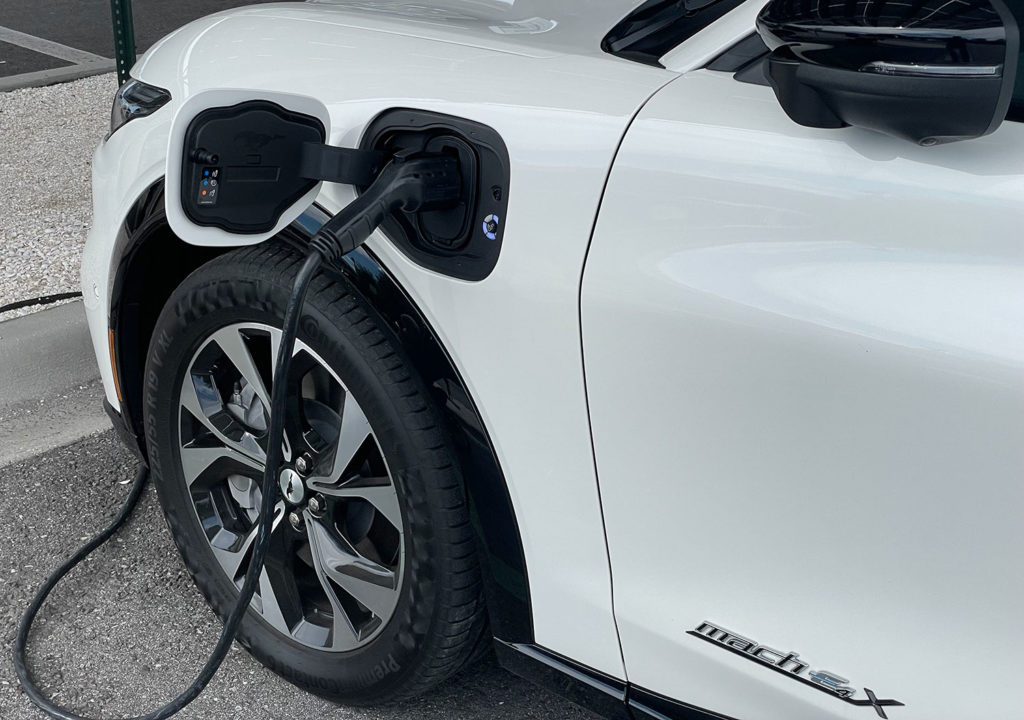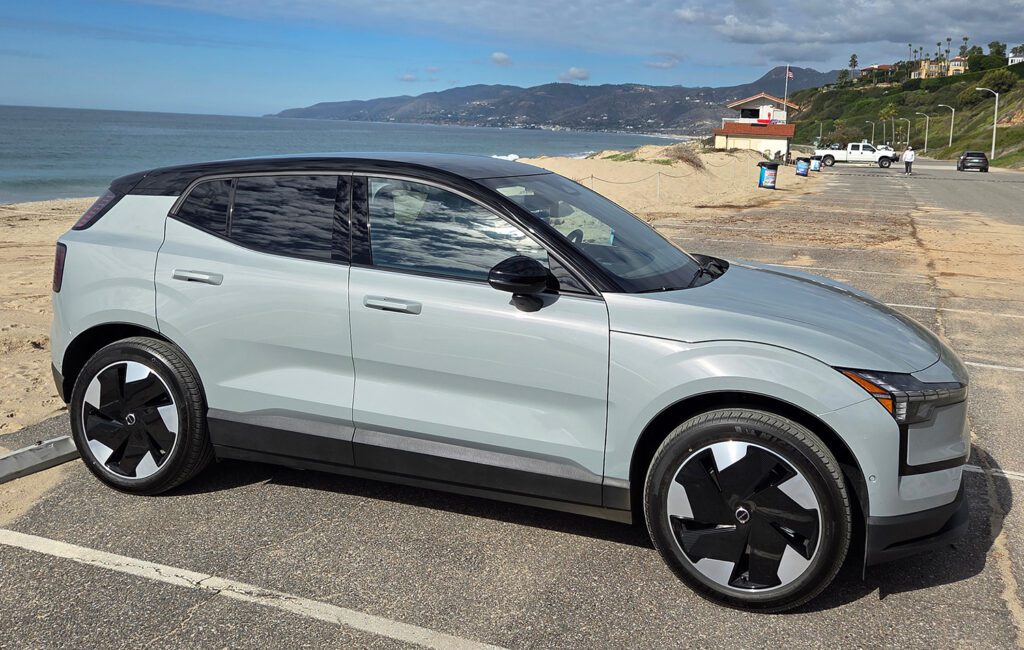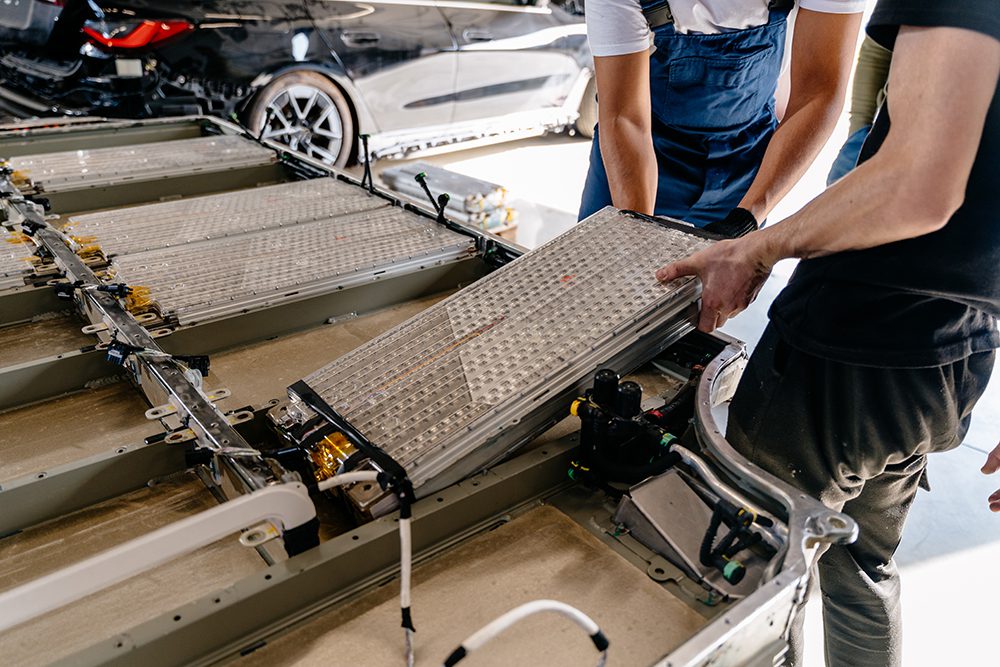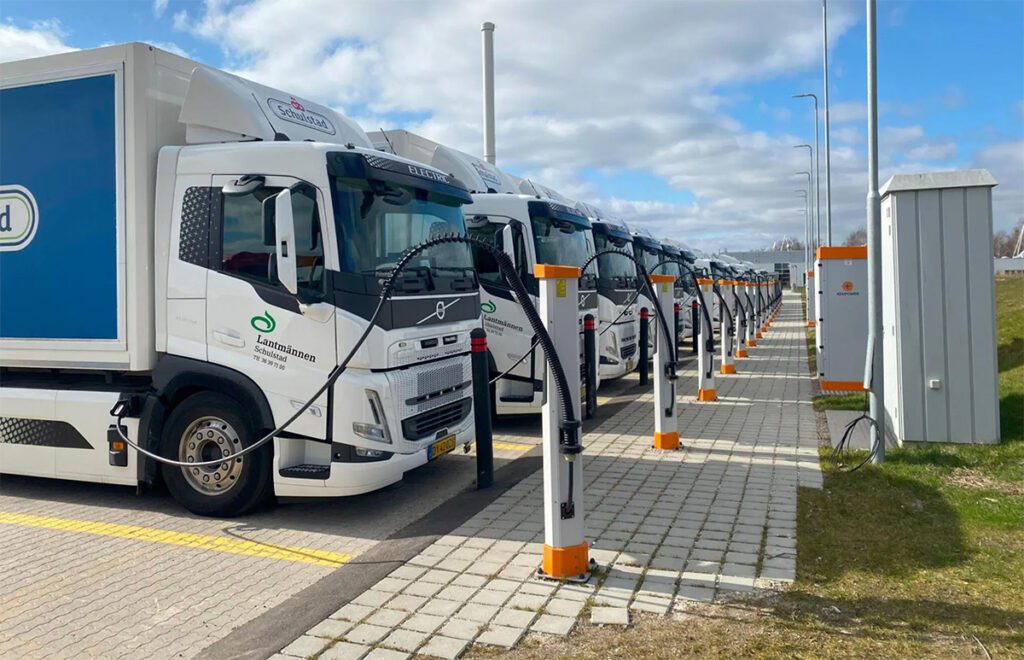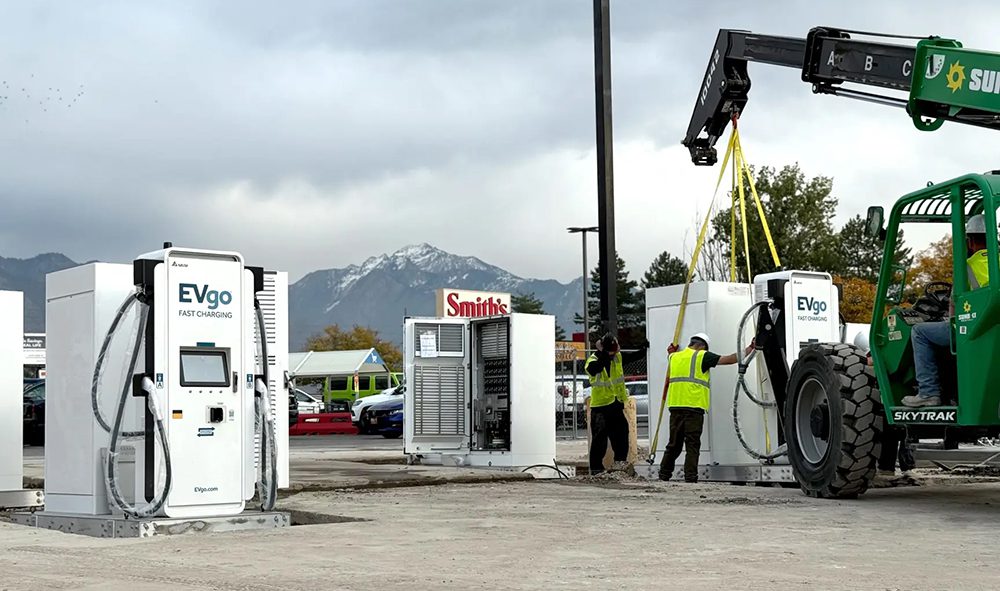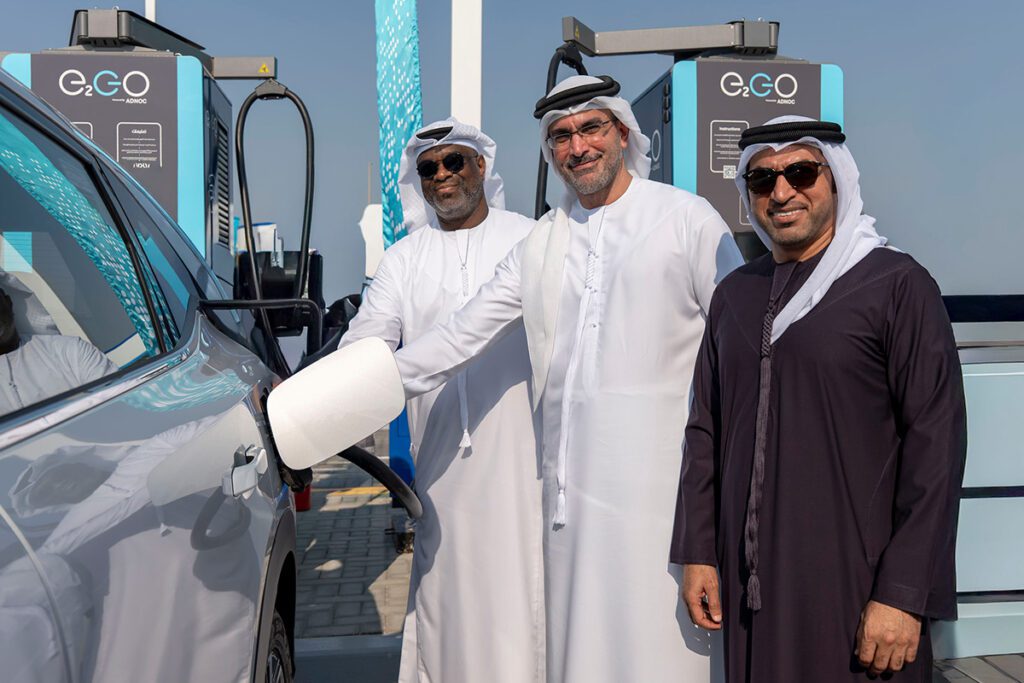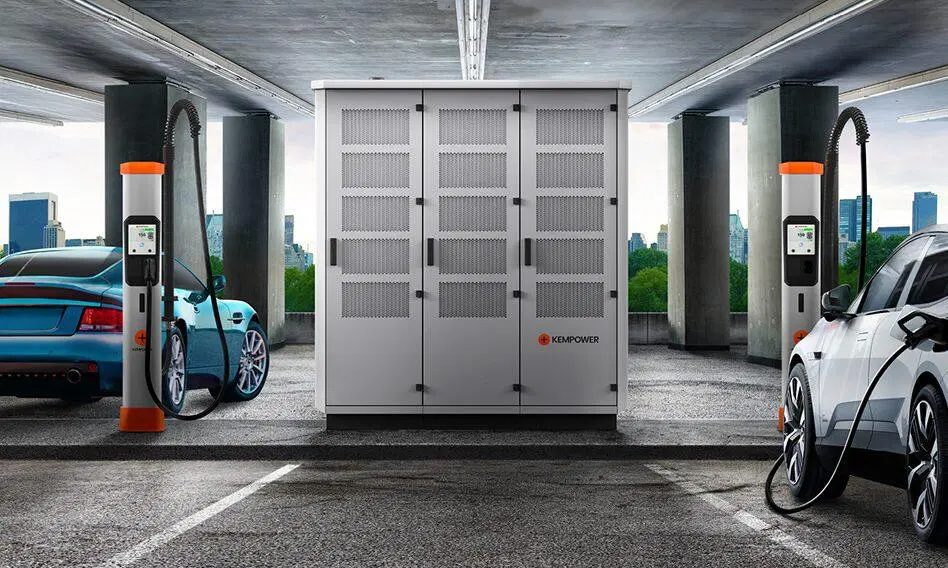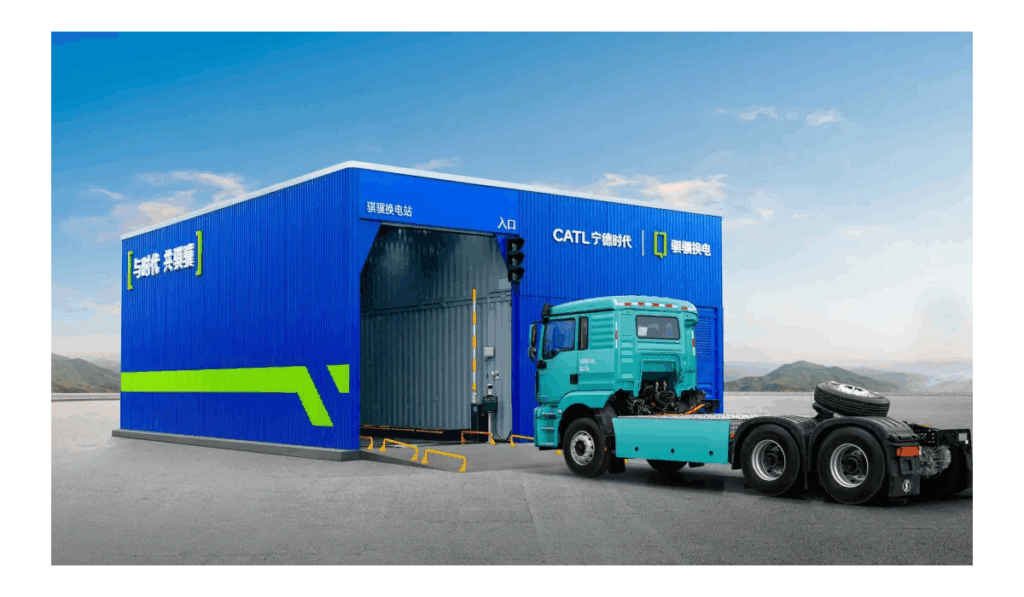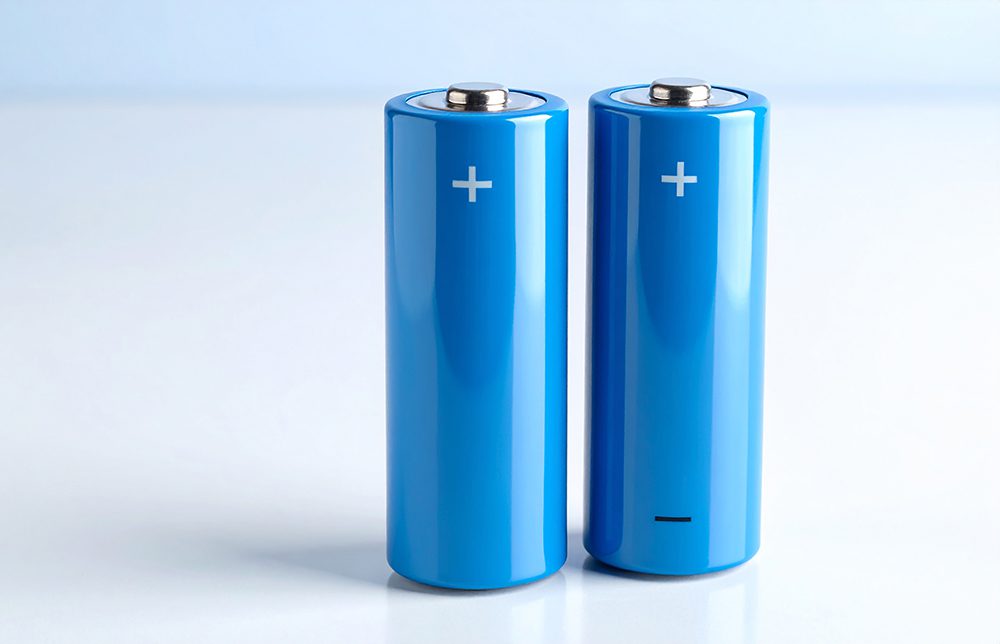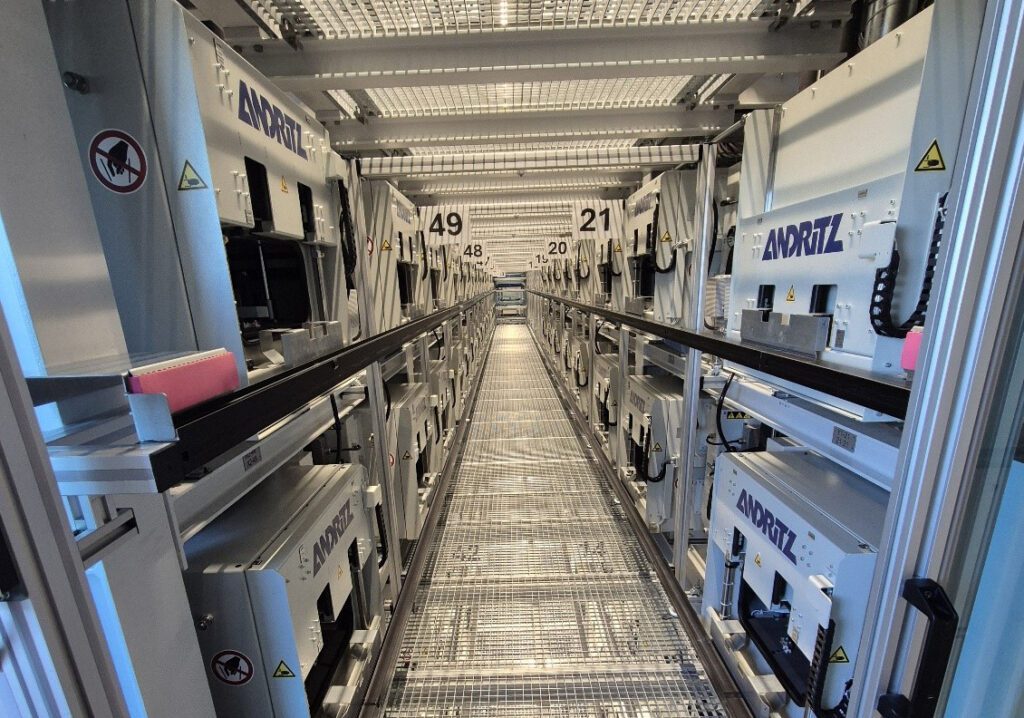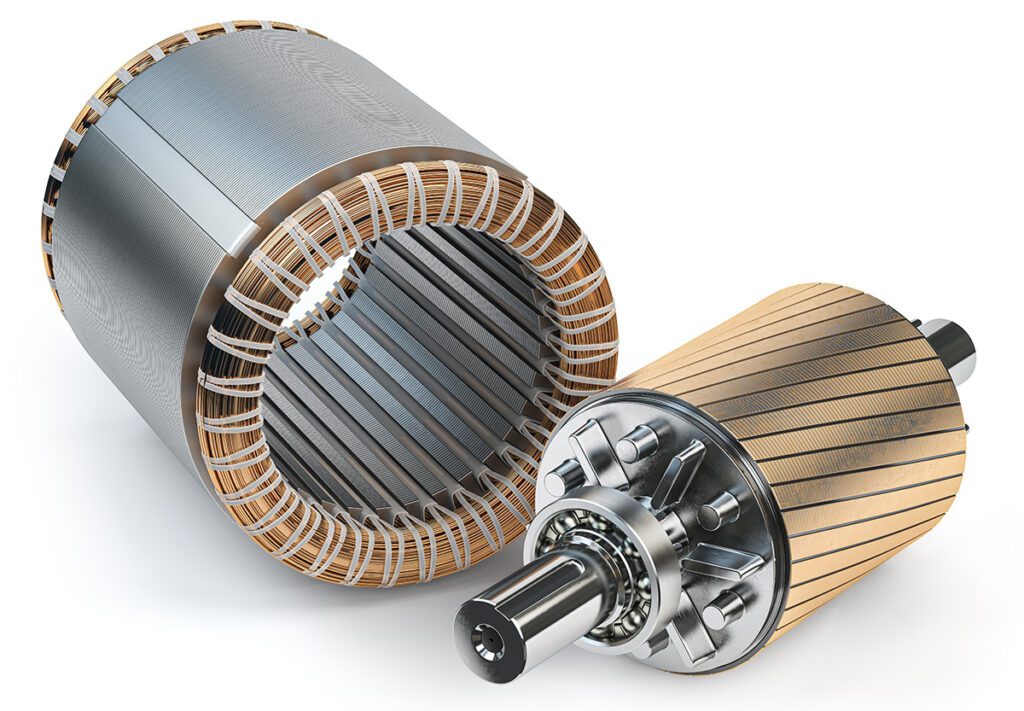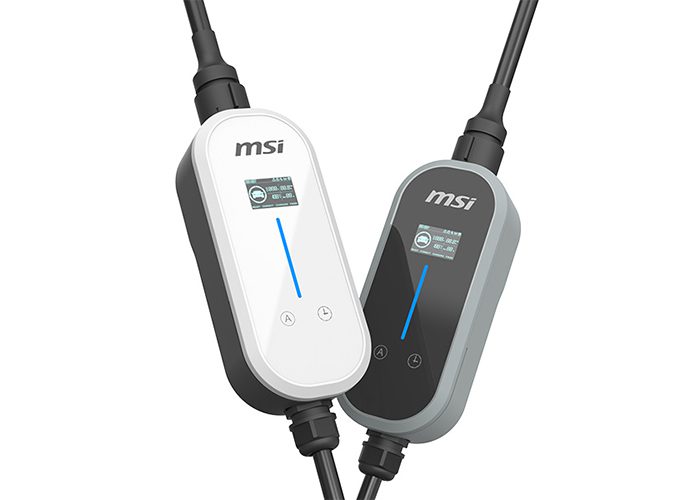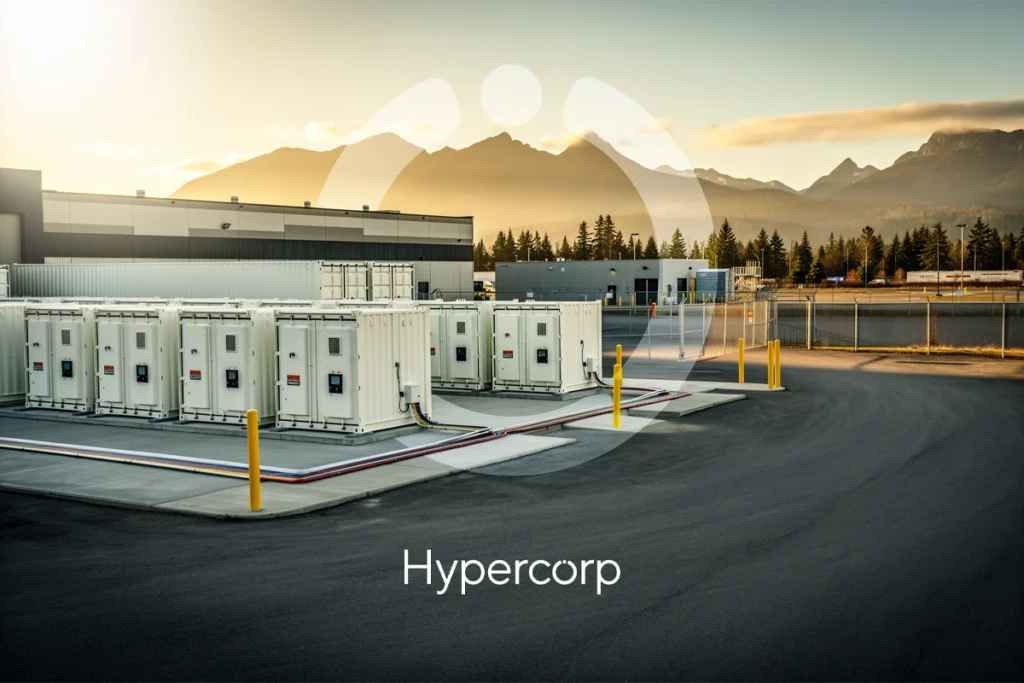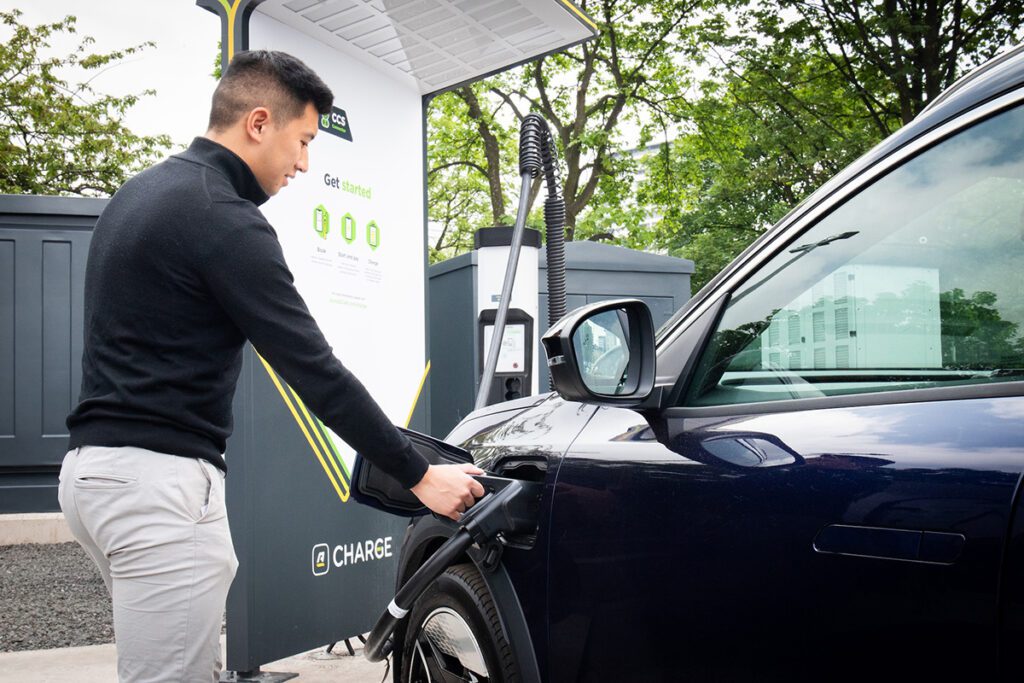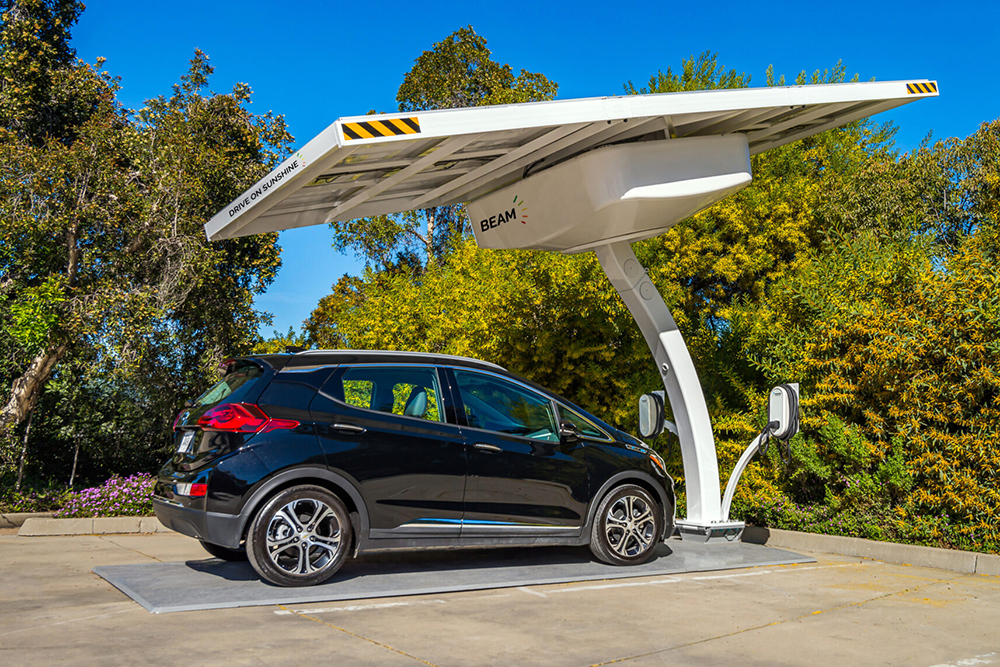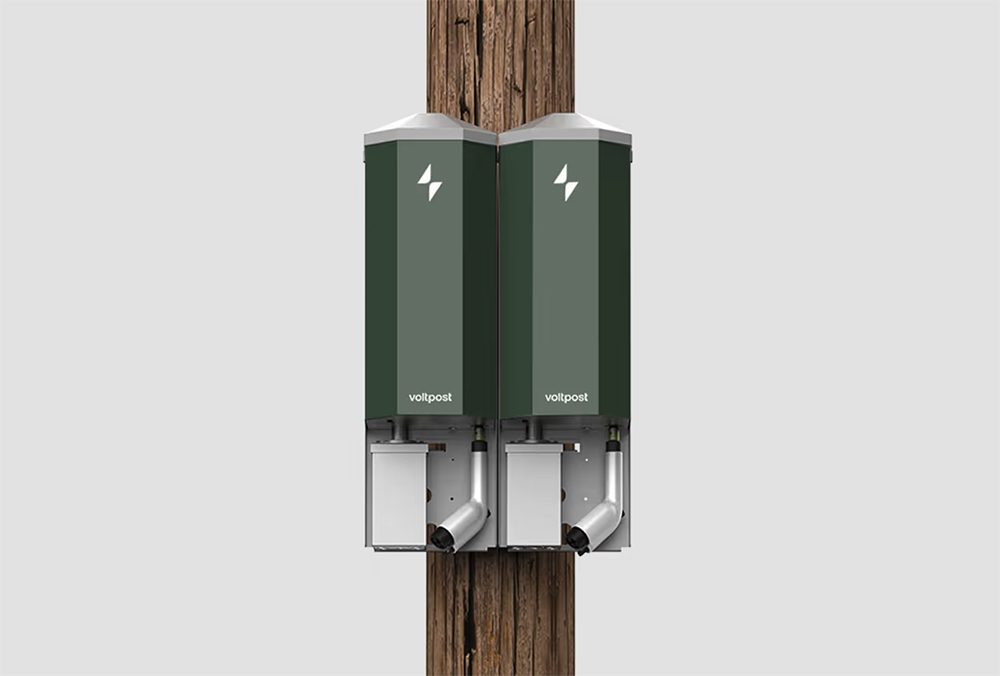On Monday, the opening day of TED2012, Audi presented the battery-electric Audi A3 e-tron pilot program, which will be implemented in select cities of the U.S. as a part of the company’s e-mobility driver experience for premium car buyers.
Why the slow roll out? We asked Brad Stertz, Audi’s corporate communications manager.
“Our program is highly engineering based, so there’s not really a marketing-oriented or a consumer-based component to it yet,” he said. “The engineers wanted to get a lot of immediate feedback on different driving conditions in the U.S. and wouldn’t have to filter it through people who weren’t quick to respond or who lacked the expertise.”
Conceptually, the A3 e-tron pilot program is intended to enable Audi to identify the unique challenges and opportunities associated with plug-in vehicles as its target market — luxury car buyers — become more and more acclimated to the concept of electrical vehicle technology. “[The A3 e-tron pilot program] is all part of our research to make sure we’re getting electric vehicles that are practical,” Stertz says, “and aren’t requiring people to accept a lot of range-anxiety or other compromises to the way the cars actually look and feel.”
The A-3 e-tron is aesthetically based on Audi’s popular A3 model, which is currently being sold in gasoline-powered and clean diesel TDI configurations to U.S. consumers. For its own part, the A3 e-tron is outfitted with a fully electric powertrain boasting a 26kw lithium-ion battery, 199 lbs-per-foot of torque, a 90-mile battery range and a top speed of 90 mph. Significantly, this model will retain all the interior amenities, room and functionality of the A3.
“One of the things Audi has been stressing is — regardless of what’s powering our cars — they have to look and feel to the customers like a ‘real’ Audi,” Stertz explains. “The battery is configured underneath the car where the gas tank would be, so there’s really no way to tell just from quickly looking that it’s anything but a regular Audi A3. Of course, when we actually bring the electric vehicles [to a consumer market], that body style will be updated to match the next generation of the A3. For right now, though, it was important to show what you could do with an electric vehicle package in a car that’s available today.”
Audi says the pilot will run throughout the year and provide actionable feedback and telematics data to Audi engineering teams in the U.S. and Germany. As the program takes place, it will be held in the San Francisco, Los Angeles, Washington D.C., and Denver markets.
“We’re going to have 17 cars at different spots around the country,” says Stertz. “These locations were chosen partly to test out different urban areas — for example, Denver was important for the altitude and the temperature and all that. They were also chosen partly to have the cars available in areas where Audi already has a good amount of staffers already deployed, so unfortunately places like Atlanta and New York didn’t work out.”
In this sense, the e-tron will become only the latest entry to the company’s expanding portfolio of “ingredient technologies,” which includes Audi’s proprietary ultra-lightweight construction, TDI clean diesel, Connect navigation and infotainment systems, and its signature quattro all-wheel drive. At the core of the A3 e-tron’s design philosophy, Audi engineers are researching full battery-electric (BEV), plug-in hybrid (PHEV) and extended range electric (EREV) versions. Stertz says the company’s goal is having market-ready products for the ideal time, according to Audi customers’ various individual needs and environmental requirements.
“Our position has always been that we don’t think there’s a single silver bullet,” says Stertz. “There’s a role in the future for a pure-electric car, some form of diesel — whether it’s synthetic diesel or today’s current diesel — and hybrids, as well as traditional gasoline engines. All of these things are going to have a role; we just don’t think there’s going to be one answer that fits everybody.”

According to Stertz, the A3 e-tron pilot program will be a vital “innovation platform” from which Audi will gain deeper insight into electric vehicles and how U.S. driving conditions might affect how this technology is used in everyday life. The company will integrate the data generated from this program into the launch of a range of Audi e-tron models for American drivers.
“To really be able to test something like this here in the U.S., it was a nice vote of confidence by the engineers in Germany who like to keep things close to home. And then down the road, this kind of pure battery plug-in technology is really where we think the future is going to lie in the electric vehicle frontier.”
Ultimately, Audi believes this initiative will only be part of the company’s larger vision for the transportation’s ever–evolving role will play in the world’s exponentially growing and congested urban environments.
“With cities getting 10 million to 20 million or more people, we have to figure out what kind of role cars are going to play in 10 or 20 years from now,” says Stertz. “A lot of cities are going to be limiting traffic in urban centers to electric vehicles — especially in China, this looks like a likelihood — so we’re going to have to figure out what kind of cars are going to work in a situation like that versus a situation in L.A. where commute times are potentially long and traffic is horrible. So there’s a whole range of environments at which we have to look.”
Of course, concept cars are introduced that never actually reach the market. Stertz, however, offers his assurance that the A3 e-tron will be entering production in the “not-too-distant” future.
“There’s a couple different ways to look at concepts,” says Sterz, “but when I think of concept cars, a lot of the ‘concept’ part is really from a styling standpoint. [The A3 e-tron pilot program] is actually aimed at getting the hardcore engineering and mechanical details figured out.”
Images: Audi







